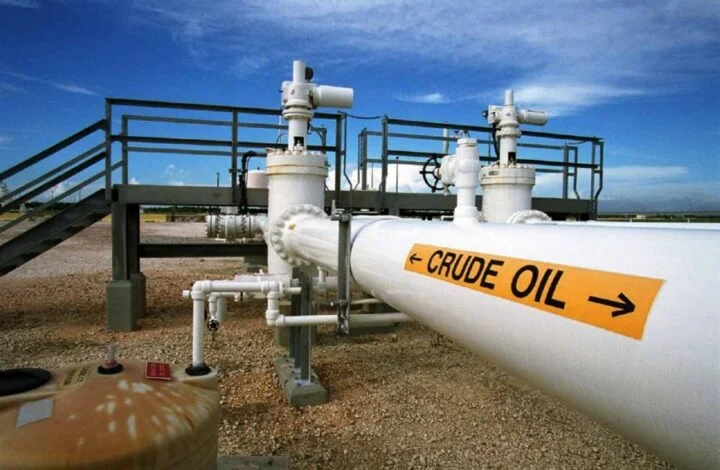Libya has surpassed Nigeria to become the largest oil producer in the continent of Africa for the month of March 2024.
According to data from the latest OPEC monthly oil market report, Libya’s average daily oil production stood at 1.236 million barrels, edging out Nigeria’s production of 1.23 million barrels per day by a slim margin of 5,000 barrels.
Nigeria’s crude oil production witnessed a notable decline compared to previous months, with March figures dropping to 1.23 million barrels per day. This marks a significant decrease from the February 2024 production level of 1.32 million barrels per day, reflecting a decrease of 92,000 barrels.
However, secondary sources indicate a slightly higher daily production figure for Nigeria in March, standing at 1.39 million barrels per day. Despite this discrepancy, Nigeria’s crude oil production for the month remained below the benchmark level of 1.78 million barrels per day set in the 2024 budget.
The decline in Nigeria’s crude oil production has raised concerns about its impact on government revenue and foreign exchange earnings. With lower oil production levels, Nigeria is likely to experience reduced receipts from oil sales, leading to a decrease in foreign exchange reserves.
Meanwhile, Saudi Arabia maintained its position as the largest oil producer among OPEC member countries, with an average daily production of 8.97 million barrels in March. This figure represents a slight decrease of 39,000 barrels compared to previous months. Iraq and the United Arab Emirates followed Saudi Arabia with daily production levels of 3.9 million barrels and 2.91 million barrels, respectively.
Despite fluctuations in oil production, the value of the OPEC Reference Basket (ORB) experienced a notable increase in March. The ORB, which represents the average price of a mix of crude oils produced by OPEC member countries, rose by $2.99, or 3.7% month-on-month, reaching an average of $84.22 per barrel. This upward trend in oil prices is reflected in oil futures prices, which also saw an increase during the same period.
The rise in oil prices comes amidst geopolitical tensions and supply concerns in various oil-producing regions. Factors such as production cuts, geopolitical unrest, and global demand dynamics continue to influence oil markets, contributing to price volatility.
As Libya emerges as Africa’s top oil producer for March 2024, the dynamics of the continent’s oil industry are undergoing a significant transformation. The competition among oil-producing nations for market share and revenue generation underscores the importance of monitoring production levels and market trends to ensure stability and sustainability in the global oil market.









Join our Channel...